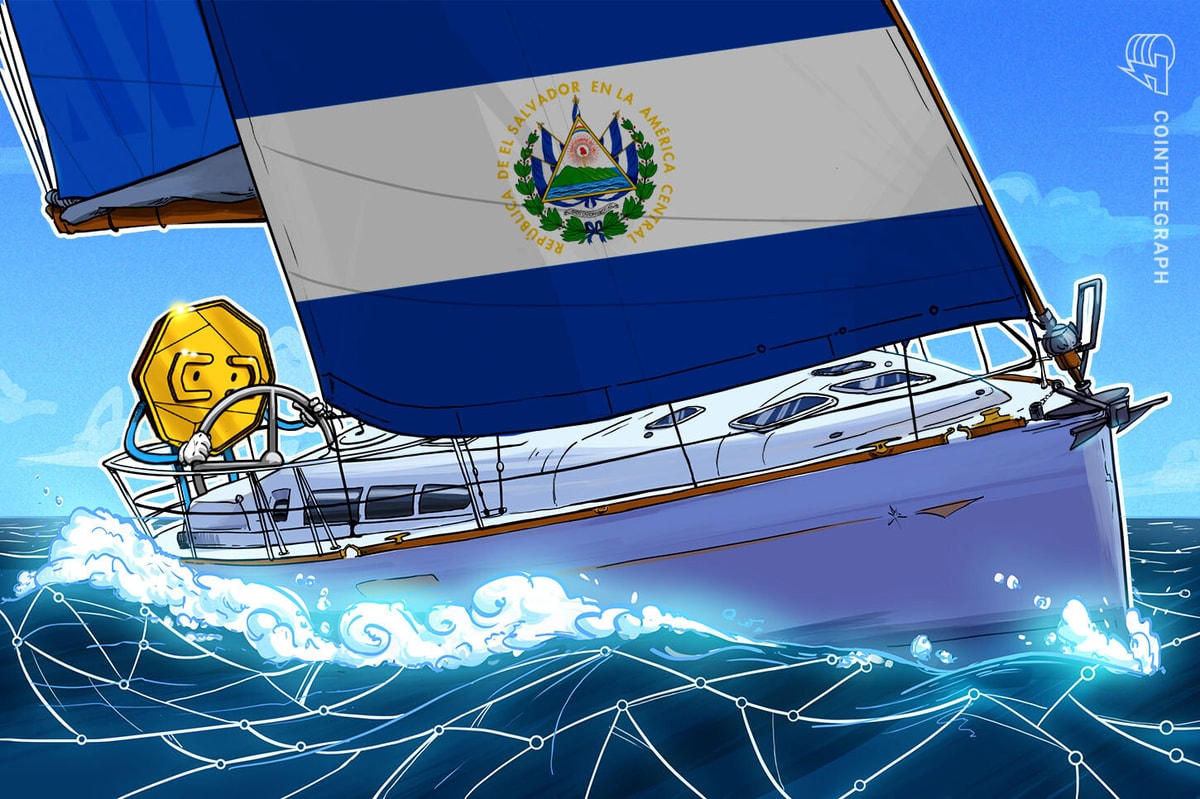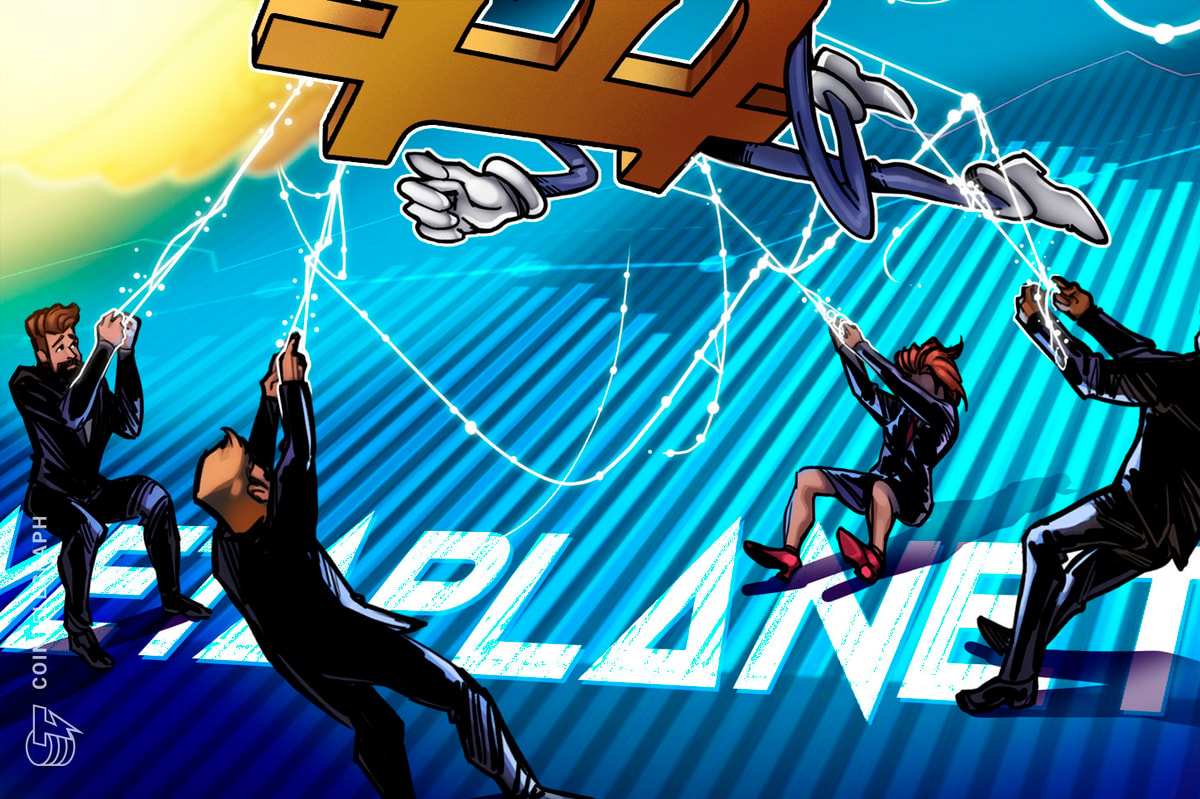El Salvador’s digital asset issuer, NexBridge, has closed a $30 million public issuance backed by United States Treasury bills.
The offering of USTBL — the first publicly listed issuance — was completed in November through Bitfinex Securities, which is the sister company of stablecoin issuer Tether. According to NexBridge, each USTBL issuance will correspond to a proportional share of assets under management, with a target total issuance of $200 million worth of US Treasury securities.
USTBL is a regulated public offering that was built on the Bitcoin blockchain and runs through the layer-2 protocol Liquid Network. According to NexBridge’s founder Michele Crivelli, USTBL can be traded on the secondary market, though redemptions will be available only in March 2025.
“We will offer different mechanisms for redemption; the first one will be directly managed by the exchanges where the USTBL is available,” Crivelli told Cointelegraph. “We plan to allow dynamic redemptions and subscriptions directly in the order book.”
USTBL is subject to El Salvador’s securities laws and is overseen by the country’s digital assets agency, the National Commission for Digital Assets.
NexBridge’s offering comes amid a proliferation of tokenized T-bills hitting the market. Products from OpenEden, BlackRock and Franklin Templeton all launched this year.
BlackRock's USD Institutional Digital Liquidity Fund has attracted more than $447 million in assets under management since its inception in March.
Value of tokenized Treasurys on Dec. 3. Source: 21Shares/Dune Analytics
Related: $1.3T in tokenized RWAs by 2030 more likely than $30T — Analyst
Tokenized Treasurys are a digital representation of US Treasury securities on a blockchain. The tokenization of these assets enhances liquidity — making them easier to buy and sell — and reduces settlement times, allowing global investors to gain exposure to digital assets backed by the US government.
According to data available on Dune Analytics, the value of government securities onchain currently stands at $2.3 billion — below market expectations of reaching $3 billion by the end of this year.
Tokenization potential goes beyond government securities and other financial products. Some use cases of illiquid assets onchain already include real estate and agricultural goods.
The global value of tokenized illiquid assets may surge to $16 trillion by 2030, according to forecasts from the Global Financial Markets Association (GFMA) and Boston Consulting Group.
Magazine: Block by block: Blockchain technology is transforming the real estate market











